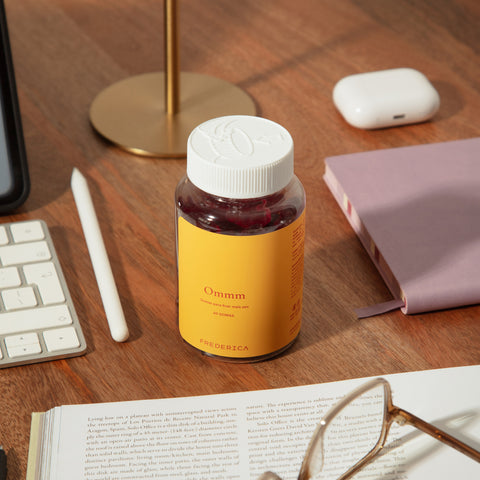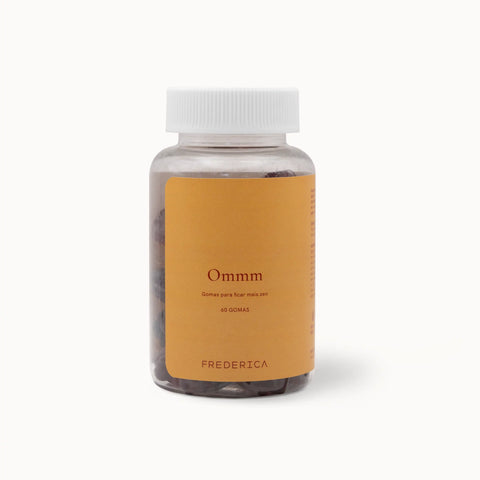The word “holiday” is full of expectations. It's a little box that supposedly has rest, fun, laughter and relaxation inside. It's supposed to be an eraser that erases the tiredness and concerns arising from a year full of work and problem solving.
So why is it so often not? Why, so many times, do we become more tired and sad? Or even more depressed than before? There could be two reasons for this to happen:
1. False expectations and lack of organization (in relation to a mental schedule of several different activities/the desire to be able to do a lot of things);
2. Too much free time without entertainment.
The first reason presented here could be the trigger for frustration. Note: imagine that you have 15 days of vacation in the summer and that the other two weeks that you are entitled to (or that you decide to take) are spread over the remaining months of the year or Christmas season. In principle, your main holidays will be those that coincide with the social standard (and transversal to the majority), falling in summer.
What is observed is that many people schedule (even if only mentally) too many activities for these two weeks. For example: in addition to going to the beach for a few days (or not going anywhere, but staying for a few days, in fact, doing nothing special), they also intend to do “major cleaning” or paint the house, etc. They intend to finally fix the fireplace, to be ready for winter, and they are also thinking about going to visit Aunt Judite, who lives 100 kilometers away. And, in between all this, they want to have more hours of leisure and sleep late.
What often happens is that the scheduled and intended activities take up more time than we imagined. As such, it may happen that, in those 15 days, what we managed to do was take advantage of those days to go to that side, because it was already scheduled, but the cleaning was not completed, nor was the fireplace arrangement done. The visit to Aunt Judite was rushed and already under some tension. And there were no moments of idleness, nor many mornings sleeping late.
This failure to complete the tasks you have in mind to carry out on vacation brings anguish and frustration. And, during the holidays, what was probably on the emotional table was anxiety – the desire to be able to do everything that was planned. This anxiety continued to wear down the brain and nervous system, which controls everything.
Obviously, no one rests because there is an excess of energy to be spent and we are already tired. At the end of the vacation, looking at the time that has passed and feeling that, in addition to not having rested at all, we also did not carry out the desired tasks, is the trigger that causes the depressive state.
Lack of strength, energy and sadness (with or without inconsolable crying) can be states that characterize the way you ended your so-called vacation, knowing that tomorrow you have to return to work. It is a very unpleasant feeling and difficult to console. We know that, now, only at Christmas or next summer will we have another opportunity to enjoy some well-deserved rest. It will be? Or is there another way to make up for all this, all this apparent lost time? Good news! Yes, there is a way to make up for those frustrated vacation days. As always, it will depend on you, how open you are to the subject and whether you try to put some tips into practice. Below, I talk about some tricks that can help reduce tiredness and have some “vacation” moments, even during the week, throughout the year.
Before that, we need to talk about the possible second reason, the second reason that can similarly trigger depressive states after vacation: excessive free time without activities. Strange, right? It should be the other way around.
There is an area of our brain ( Default Mode) that is active when we decide, for example, to sit down and try not to think about anything. This area, which is the “worry zone”, so to speak, is immediately awake, in order to remind us of what may be less good for us. So, if there is no purposeful focus on anything (preferably positive), the possibility of thoughts related to what affects us most in life is very high.
Therefore, after a year full of cerebral entertainment, where few quality breaks were taken, it may happen that, in these days of supposed idleness, with more time available, without being so entertained, there is an encounter with our Self and with some reality that we have been avoiding. This encounter with what has been ignored can be quite overwhelming and can bring to the surface less pleasant feelings, causing very unpleasant physical sensations.
Tips for Overcoming Post-Holiday Depression
Obviously, none of the following tips eliminate the need for the intervention of a competent professional, if you feel that you are not improving. Either way, there's nothing to lose by trying.
- Don't forget the basic tips from the Stress and Anxiety Management article (take a quality break a few times a day, eat well, sleep well, play sports, socialize, etc.).
- Having lunch and dinner outside of work is very important. If you are teleworking, do not eat lunch in the office or at the desk where you are working. It's important to rest your eyes from screens and your mind from notifications.
- At lunch and/or dinner/snack time, you should go outside, even if just for 15/20 minutes, and rest your eyes on another landscape, breathing deeply and consciously (if you can, you should always do so without a mask). Treat weekends as vacation days (really!). If you schedule something, don't over-plan. Non-leisure activities should be minimized and, ideally, should not occupy more than one of the afternoons on those days. There are those who prefer Saturday afternoon to do this, so that they have Sunday completely available.
- Communicate more and better with those you want to help you. Otherwise, don't expect someone who is used to doing nothing to be willing to help you.
- During the day, one of the times you go to the bathroom, observe yourself and talk to yourself. Try to understand how you are and what you need at that moment. Try to do something for yourself that day.
- Repeat point 4 and make your weekends vacation days, where you can carry out one or two household activities, but you can also go out, relax and rest.
If you don't organize yourself better regarding your rest, even if you have a lot of people who love you, no one will do it for you. All of these people are, similarly, trying to live their lives as best they can. Do the same and recover your Self and your life energy.
Vanda do Nascimento is a therapist, trainer and Mindfulness instructor at the Escola de Mindfulness Essencial , founded by her in 2016. She began her career as a teacher in 1997, obtaining a degree in Education. On that same date, he also began his studies in Reiki, Meditation and Mindfulness. Later, he embarked on the path of Psychology and delved even deeper into the topic of Mindfulness, in order to continue his fight to control stress and anxiety.

















